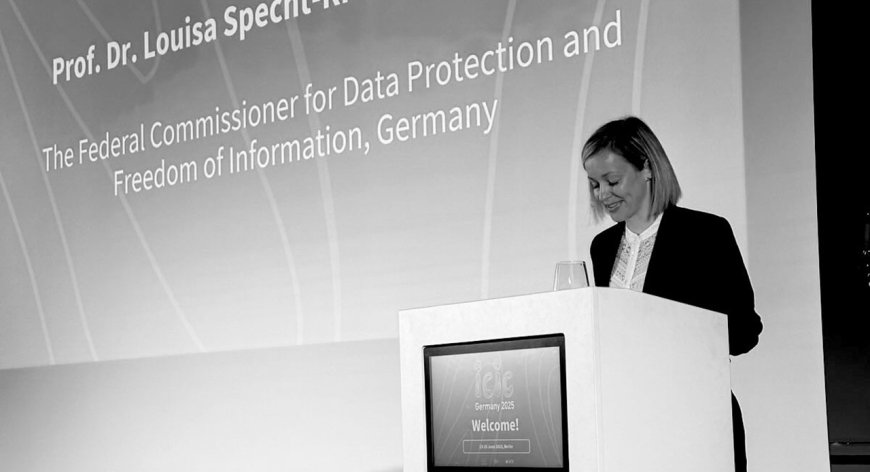ICIC in Berlin: Digitizing the Future of Access to Information

Under the theme “Freedom of Information under Pressure — The Future of Access to Information is Digital,” the 16th International Conference of Information Commissioners (ICIC) is currently underway in Berlin, Germany. Hosted by the Federal Commissioner for Data Protection and Freedom of Information (BfDI) of Germany, the four-day conference runs from June 23 to 26 and has drawn participation from officials across nearly 100 countries. These include information commissioners, ombudspersons, and representatives from organizations working to ensure public access to government-held information.
Sources confirm that Bangladesh is not officially represented at this year’s ICIC, as the country’s Information Commission is presently functioning without an appointed commissioner. However, the Bangladesh NGOs Network for Radio and Communication (BNNRC) is attending as an observer organization. A.H.M. Bazlur Rahman, CEO of BNNRC, is scheduled to speak in a key panel on the integrity of information.
One of the conference’s focal points is ensuring digital access to environmental information. Civil society organizations and media are playing a pivotal role in democratizing climate-related data and holding authorities accountable.
The ICIC is reaffirming the right to access information (ATI) as a fundamental human right and a cornerstone of democratic societies. Berlin has thus become a global hub for transparency and accountability during this event. The 2025 ICIC calls for a bold, forward-looking approach to reimagining access to information in the digital era. Discussions so far have highlighted key areas:
Participants are pushing for a complete digital transformation from paper-based processes to inclusive, modern workflows that guarantee information access. AI-assisted tools are being proposed to accelerate document classification, redaction, and publication while reducing user costs. The role of ATI in modern governance is being emphasized as governments aim to become more transparent, efficient, and citizen-centric.
Despite progress, ATI faces mounting pressures. ICIC is addressing both emerging opportunities and persistent challenges. These include legal and political resistance, budgetary constraints that limit oversight, and a lack of enforcement in certain jurisdictions. Yet, significant global advancements are also noted — nearly one-third of countries have adopted new ATI laws since 2015, and some have bolstered enforcement through independent commissions.
Access to information is embedded within the UN’s Sustainable Development Goal 16.10, reinforcing global efforts for transparency and accountability. Additionally, digital and civic innovations — such as open data portals, machine-readable formats, civic tech platforms like Alaveteli, OpenStreetMap, and Ushahidi, and AI tools — are empowering citizens in data access and analysis.
International collaboration is also playing a vital role. Institutions including UNESCO are supporting the implementation of ATI laws and building capacities, particularly in the Global South.
In a world where autocracy and disinformation threaten transparency, the ICIC is emerging as a beacon of collective resolve to preserve and expand public access to information. With a commitment to making information access digital, inclusive, and resilient, the conference unites governments, civil society, technologists, and international bodies toward a shared vision.









































































































































































































